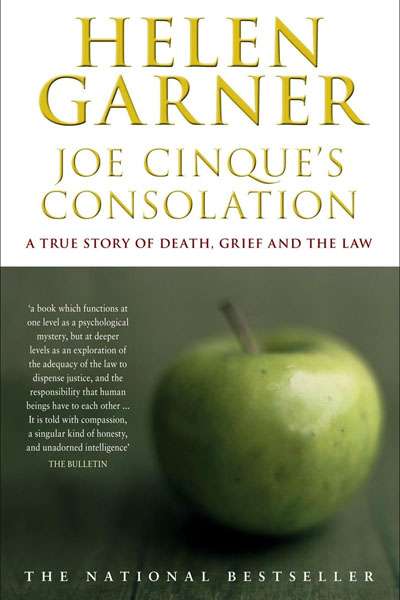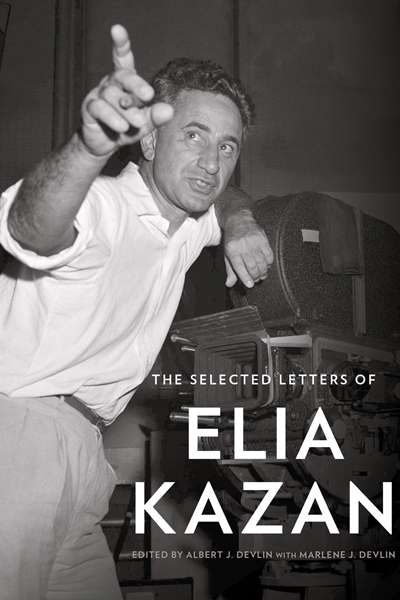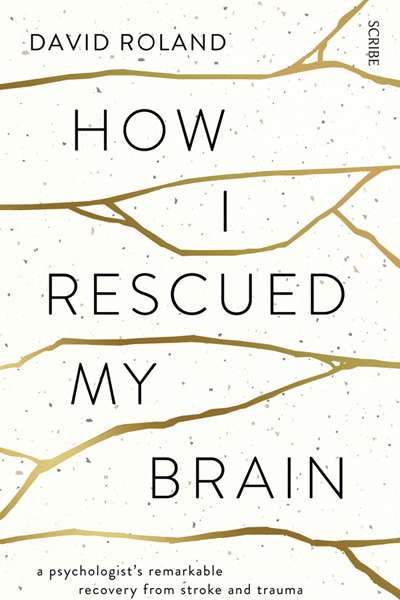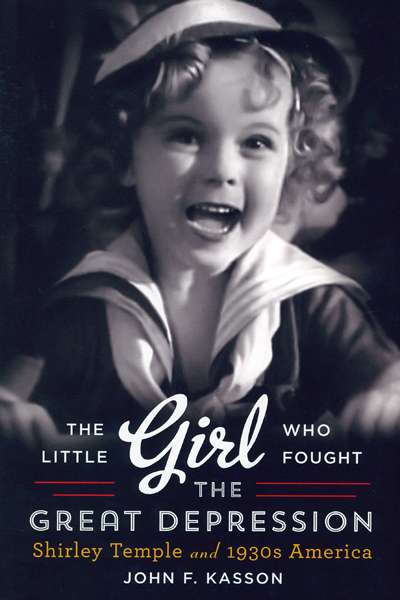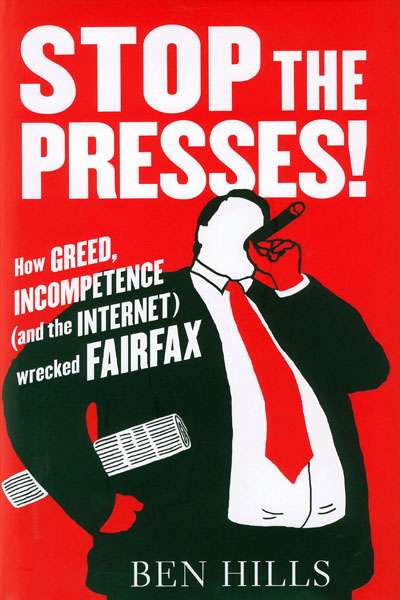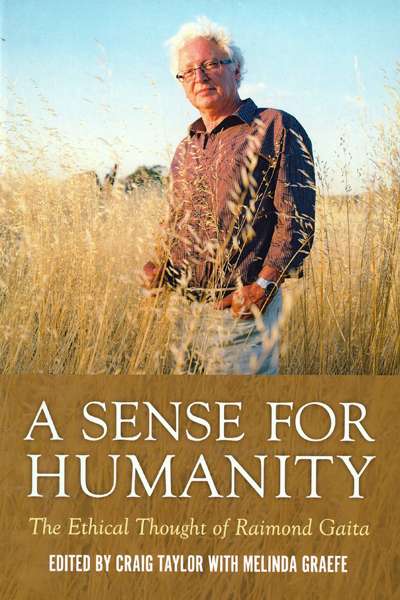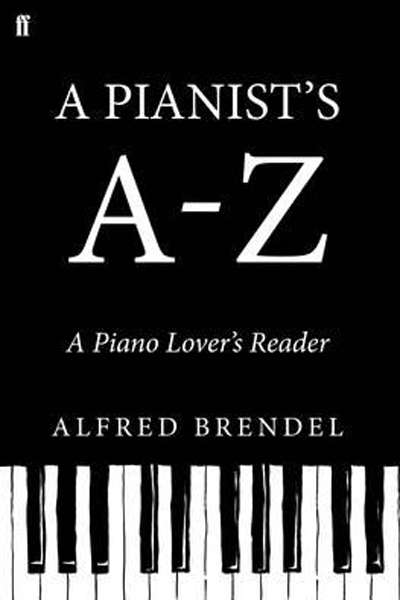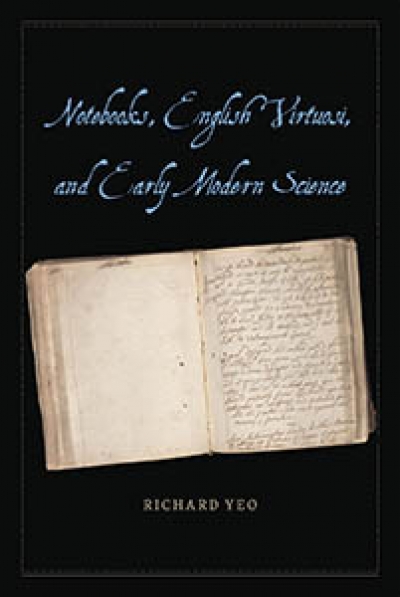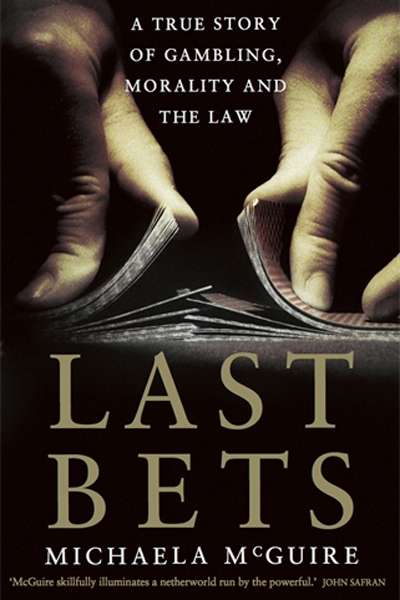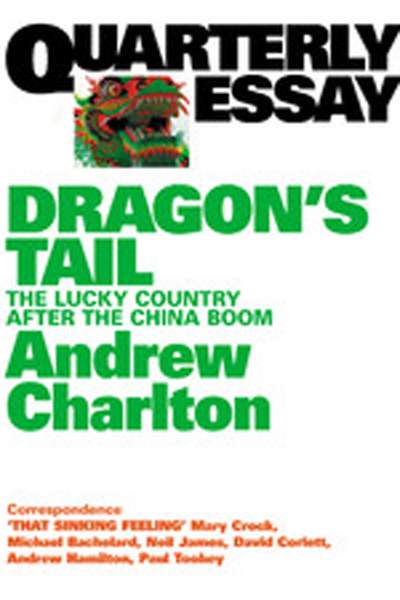Non Fiction
Already, Anu Singh’s story is grimly familiar. Now free again, just thirty-one, she has entered the popular pantheon of malefactors. Her attractive face appears in the newspapers, taut with self-justification. There is talk of a documentary. Notoriety, even a kind of celebrity – that amoral nirvana – is hers.
If Singh’s deepest motivation f ...
The Selected Letters of Elia Kazan edited by Albert J. Devlin with Marlene J. Devlin
‘I get awful intense about these movies I do. I become, in fact, obsessed with them.’ So Elia Kazan (1909–2003) wrote to his daughter in 1957. A workaholic, Kazan was both extremely self-assured and plagued by self-doubt, terrified he would produce mediocrity. He rarely did. As a stage and screen director he achieved remarkable success. Kazan was an egotist, and the confidence he exhibited publicly, and in these letters, is at once impressive and repugnant.
... (read more)The brain, notes philosopher Paul Churchland, is the engine of reason and the seat of the soul. David Roland’s memoir of stroke and its aftermath presents a vivid picture of engine failure and a soul unseated. His book lays bare the disorienting realities of brain injury and his gradual but faltering steps towards recovery. In time he adjusts to having a somewhat less powerful cognitive engine and achieves a more well-upholstered sense of self.
... (read more)The Little Girl who Fought the Great Depression: Shirley Temple and 1930s America by John F. Kasson
Lucky Shirley Temple! Film star biographies are usually made up of a chronology laced with doubtful studio publicity and salacious gossip. But The Little Girl Who Fought the Great Depression is written by a reigning scholar of American culture, John F. Kasson. A professor of History and American Studies at the University of North Carolina at Chapel Hill, Kasson takes entertainment seriously. For more than forty years, beginning with Amusing the Million: Coney Island at the Turn of the Century (1971), he has uncovered the cultural significance of popular leisure-time activities, places, and personalities in a style that is both scholarly and entertaining. His Houdini, Tarzan and the Perfect Man: The White Male Body and the Challenge of Modernity in America (2001) used three mini-biographies to explore the ‘masculinity crisis’ of the early twentieth century. In The Little Girl, he focuses on one icon to help us see how Americans survived the Great Depression.
... (read more)Fairfax Media, which has churned out millions of words since its beginnings in Sydney in the 1830s, has itself inspired hundreds of thousands of words in the last year or so. First came Colleen Ryan’s Fairfax: The Rise and Fall (June 2013), followed by Pamela Williams’ Killing Fairfax (July 2013). Now comes Stop the Presses! by Ben Hills, a veteran investigative journalist who would no doubt self-identify as a ‘Fairfax lifer’, like many characters in his book. Just in case the theme of these tomes isn’t clear, we have Hills’s subtitle: How Greed, Incompetence (and the Internet) Wrecked Fairfax.
... (read more)A Sense for Humanity: The ethical thought of Raimond Gaita edited by Craig Taylor with Melinda Graeffe
Raimond Gaita is unusual among moral philosophers in having presented the world of his childhood as food for thought. Most notably, he has given us his Romanian father, Romulus – ‘Johnny the Balt’ to his Australian neighbours – whose understanding of life’s moral necessities is articulated by Gaita as the core of his ethical thought. It is hard to think of an instance in the history of Western philosophy, other than the Socrates of Plato’s Apology, where an individual’s life story is as intrinsic to the views expounded as the life of Romulus Gaita is to those of his son.
... (read more)A Pianist’s A–Z: A Piano Lover’s Reader by Alfred Brendel with Michael Morley
The concert pianist Alfred Brendel is one of the leading twentieth-century interpreters of music, with a special interest in the German repertoire. When he retired in 2008 after six decades of performing, he did so not through loss of stamina, but because of crippling arthritis in his hands. Brendel continues, at eighty-three, to teach, lecture, and write. (His poetry collection, Playing the Human Game [2011] contains one of the most damning attacks on that well-known pest, the concert cougher.) A Pianist’s A–Z explores his personal relationship with the piano. It covers the classical repertoire, offering insights, asides, reflections, and the occasional and excruciatingly corny joke.
... (read more)Notebooks, English Virtuosi, and Early Modern Science by Richard Yeo
With the advent of digital technology and the Internet, traditional paper-based scholarship appears increasingly threatened with redundancy, if not total obsolescence. This may help to explain current interest in the various techniques adopted by early modern natural philosophers and scholars who struggled to cope with the diverse and rapidly expanding bodies of data at their disposal.
... (read more)Last Bets: A true story of gambling, morality and the law by Michaela McGuire
Last Bets examines the case of Anthony Dunning, a forty-year-old man who died four days after being pinned to the floor face-down by bouncers at Melbourne’s Crown casino in July 2011. The incident was reported to police not by Crown but by Dunning’s friends two days later, while the man lay in intensive care. A spokesperson for the police said that Crown was not required by law to have reported the incident, though ‘they probably had a moral obligation’ to do so.
... (read more)Dragon’s Tail: The Lucky Country after the China boom (Quarterly Essay 54) by Andrew Charlton
I dealt with China for most of the ten years I worked for the British Foreign Office from 1998. The one conclusion I drew from my experience over those years was that it didn’t take much to stumble into complexity. Britain and China have a vast historic hinterland. In 1839, British forces inflicted the first Opium War on China, and British politicians enforced the unequal treaties which ushered in what some Chinese call to this day ‘the century of humiliation’. In the hundred years that followed, Britain continued meddling and became involved in issues from Tibet to Hong Kong, building up a fund of resentment on the Chinese side that continues to pay back returns to the current day.
... (read more)

